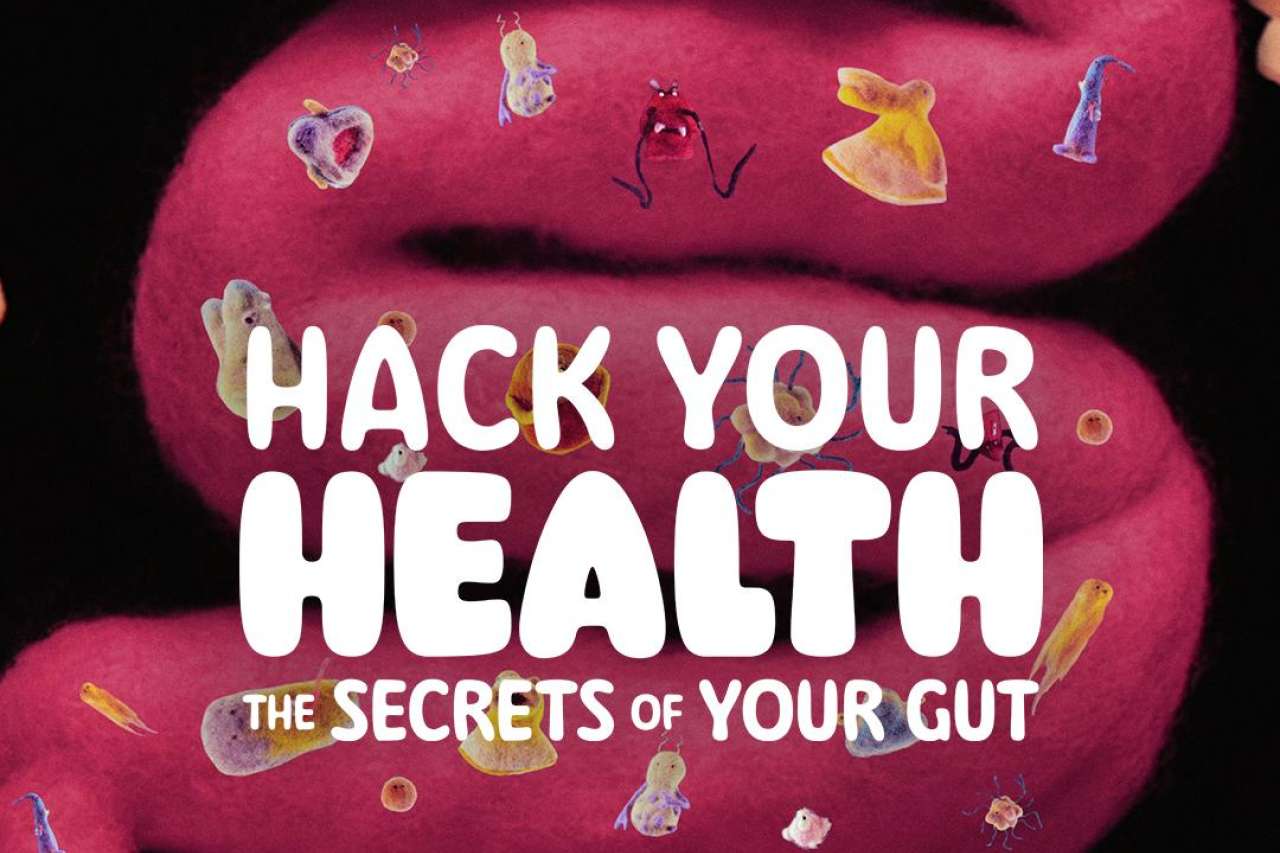Church Lab
Researching the bidirectional interactions between the brain and the gut in shaping health and disease

How are the brain and gut microbiome linked to obesity
Dr. Church, co-director of the Goodman-Luskin Microbiome Center, was selected for faculty interviews of highlights and key takeaways at ObesityWeek®. She discusses “How are the brain and gut microbiome linked to obesity.”
Now streaming on Netflix
Dr. Church participates in this informative Netflix documentary that demystifies the role gut health plays in our overall well-being.


$9.5M grant to study relationship between polyphenol intake, Alzheimer’s prevention, and the brain-gut-microbiome system
In this five-year study, Arpana Church, PhD, Emeran A. Mayer, MD, co-principal investigator and founding director of the Goodman-Luskin Microbiome Center, and co-investigators will explore the relationship between polyphenols, cognitive function, and brain health through four project aims in 50+ year old adults with enhanced risk for Alzheimer’s disease. Polyphenols — a key component of Mediterranean diets and found in berries, grapes, green tea, and cocoa — may delay cognitive decline by preserving brain function and structure through gut microbiome metabolites by altering the physiology of the host’s secondary bile acids, highlighting their potential role in Alzheimer's disease prevention.
Latest News

Discrimination can cause changes in the gut microbiome, study says
In a new study published in Frontiers in Microbiology, Drs. Arpana Church and Tien S. Dong have found that people who experienced discrimination had pro-inflammatory bacteria and gene activity in their gut microbiome that was different from those who did not experience discrimination.

Feeding the lonely brain
A new UCLA Health study has found that women who perceive themselves to be lonely exhibited activity in regions of the brain associated with cravings and motivation towards eating, especially when shown pictures of high-calorie foods such as sugary foods. The same group of women also had unhealthy eating behaviors and poor mental health.
Your gut microbes may influence how you handle stress
A new UCLA Health study, led by Dr. Church, has found that resilient people exhibit neural activity in the brain regions associated with improved cognition and regulating of emotions, and were more mindful and better at describing their feelings. The same group also exhibited gut microbiome activity linked to a healthy gut, with reduced inflammation and gut barrier.
